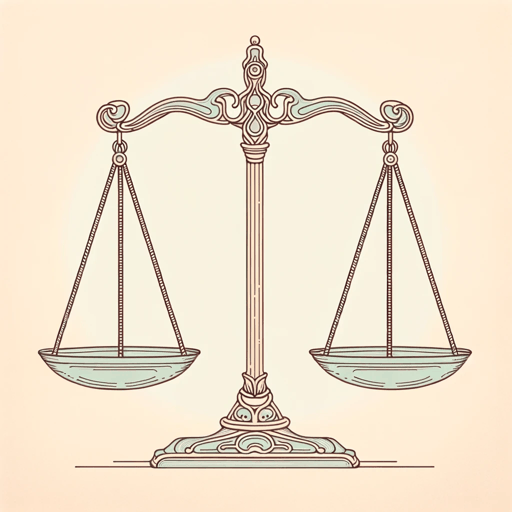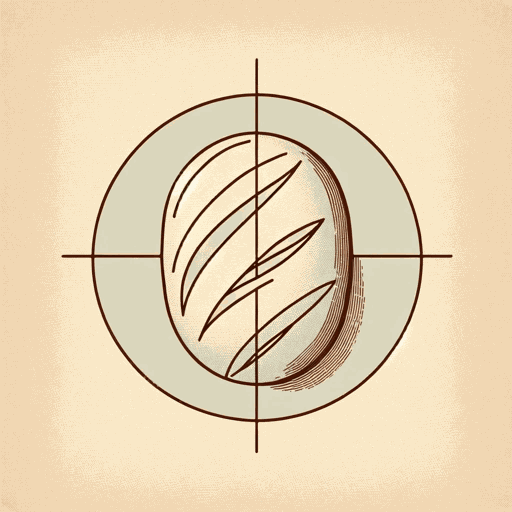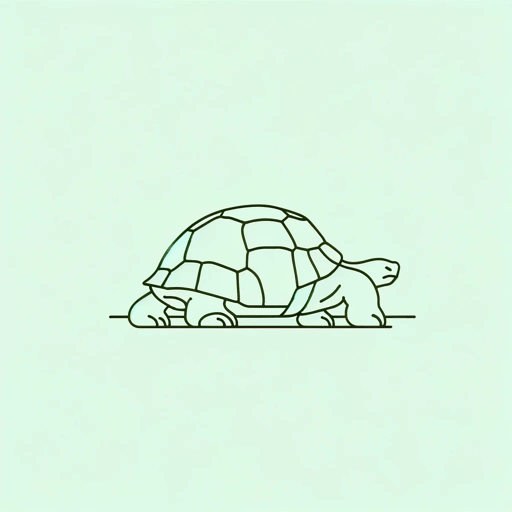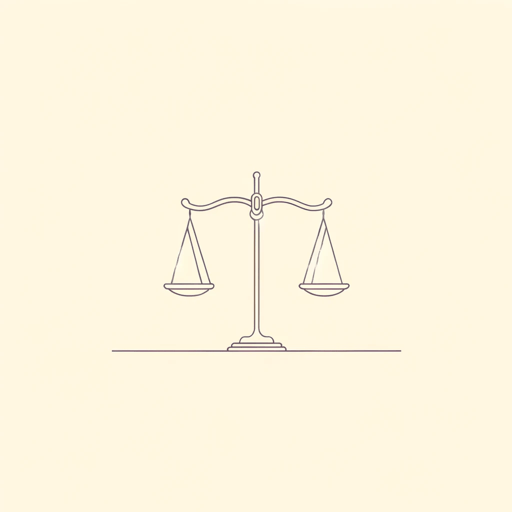60 pages • 2 hours read
Jodi PicoultSmall Great Things
Fiction | Novel | Adult | Published in 2016A modern alternative to SparkNotes and CliffsNotes, SuperSummary offers high-quality Study Guides with detailed chapter summaries and analysis of major themes, characters, and more.
Important Quotes
“The flakes I’d made with the white crayon were invisible on the paper. The only way to see them was to tilt the paper sideways toward the chandelier light, so I could make out the shimmer where the crayon had been.”
(Part 1, Page 5)
Much of this novel revolves around what is overt and visible, and what lies under the surface of things. In the opening section, which functions largely as a prologue for the novel, we see this theme in its first iteration, with the white crayon on white paper serving a symbolic function, unable to be seen unless it is actively looked for, much like the implicit forms of racism the novel discusses in detail. Moreover, later in the novel, Ruth helps Kennedy see the fact that “whiteness” is often the default, so that, if you are white, it’s hard to see this fact, but if you are another race or ethnicity, it becomes readily apparent, much like a paper with white crayon on it, tilted under the light of a chandelier.
“When I tell people this story, they assume the miracle I am referring to [...] was the birth of a baby. [...] But that day I witnessed a greater wonder. As Christina held my hand and Ms. Mina held Mama’s, there was a moment—one heartbeat, one breath—where all the differences in schooling and skin color evaporated like mirages in a desert. Where everyone was equal, and it was just one woman, helping another. That miracle, I’ve spent thirty-nine years waiting to see again.”
(Part 1, Page 6)
This final passage from the first section sets up the story that is to unfold in the following pages, mixing the focus on the act of giving birth with the differences of race and class between characters that will produce the driving tension of the novel. This idyllic moment, when these differences seem to totally fall away, and Ruth’s desire to see that type of moment again, while also articulating the incredible rarity of this in US society, all directly relate to the case of Davis Bauer and the ensuing trial to follow, as well as
Related Titles
By Jodi Picoult

A Spark of Light
Jodi Picoult

Between the Lines
Jodi Picoult, Samantha van Leer

Handle With Care
Jodi Picoult

House Rules
Jodi Picoult

Leaving Time
Jodi Picoult

Mad Honey
Jodi Picoult, Jennifer Finney Boylan

Mercy
Jodi Picoult

My Sister's Keeper
Jodi Picoult

Nineteen Minutes
Jodi Picoult

Plain Truth
Jodi Picoult

Salem Falls
Jodi Picoult

The Book of Two Ways
Jodi Picoult

The Pact
Jodi Picoult

The Storyteller
Jodi Picoult

The Tenth Circle
Jodi Picoult

Vanishing Acts
Jodi Picoult

Wish You Were Here
Jodi Picoult

